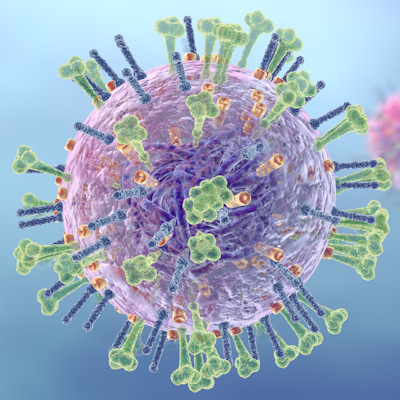 Antiviral-antibody combination improves influenza outcomes in mice
Antiviral-antibody combination improves influenza outcomes in mice
Researchers at McMaster University found in a mouse study that combining a class of well-known antiviral drugs and neutralizing antibodies was more effective than either approach alone, which they contend could be used to treat seasonal influenza and help prevent the next flu pandemic. Read More
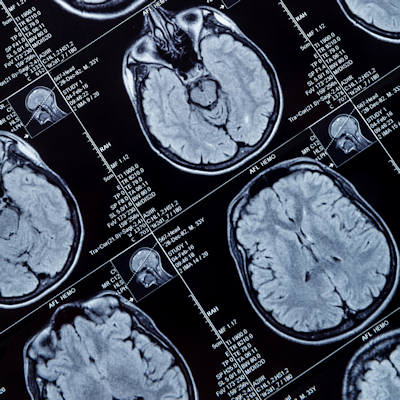 Blood-brain barrier cells regulate neurons in fruit flies, suggesting role in neurodegeneration
Blood-brain barrier cells regulate neurons in fruit flies, suggesting role in neurodegeneration
Cells in the blood-brain barrier regulate nerve ensheathment and neurotransmitter release in fruit flies, suggesting they may play a role in neurological conditions in humans. Read More
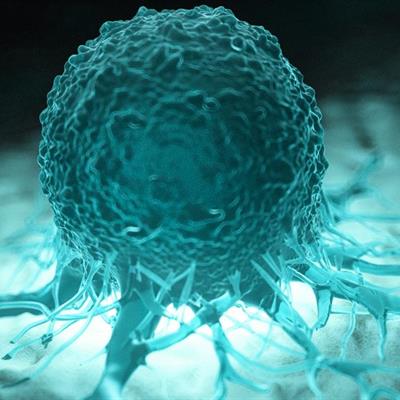 Synthesis breakthrough opens door to development of natural product as cancer therapy
Synthesis breakthrough opens door to development of natural product as cancer therapy
Princeton University scientists have halved the number of steps needed to synthesize pleurotin, setting the stage for work to realize the anticancer and antibiotic potential of the molecule. Read More
 Repurposed drug shows promise in animal studies as potential therapy for ALS
Repurposed drug shows promise in animal studies as potential therapy for ALS
A drug used to treat enlarged prostates and high blood pressure could help to slow the progression of motor neuron disease, which is also known as amyotrophic lateral sclerosis (ALS), a fatal neurodegenerative disorder. Read More
 New molecular editing strategy empowers chemists to create novel drug candidates
New molecular editing strategy empowers chemists to create novel drug candidates
A new unified late-stage “molecular editing” strategy to directly modify bicyclic aza-arenes could enable chemists to synthesize a more diverse range of drug candidates. Read More
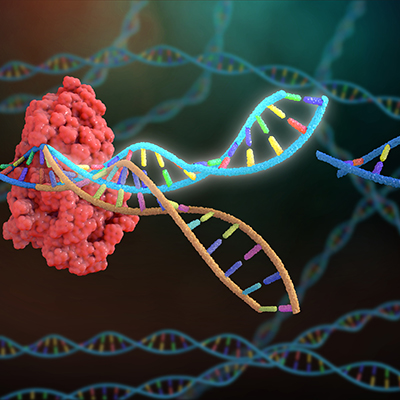 CRISPR-Cas9 gene editing can give rise to cell toxicity, genomic instability: study
CRISPR-Cas9 gene editing can give rise to cell toxicity, genomic instability: study
Gene editing using CRISPR-Cas9 can lead to cell toxicity and genome instability depending on the targeted spot of the human genome, according to a new study by researchers at the Institute for Research in Biomedicine Barcelona. Read More
 NIH team creates 3D structure of twinkle protein, sheds light on mitochondrial diseases
NIH team creates 3D structure of twinkle protein, sheds light on mitochondrial diseases
Researchers from the National Institutes of Health (NIH) have used cryo-electron microscopy and other techniques to create a 3D structure of the twinkle protein, the final piece of the human minimal mitochondrial replisome to be structurally characterized. Read More
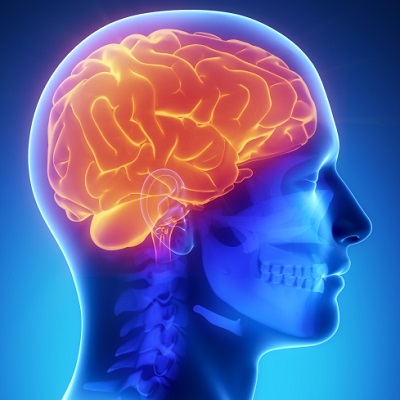 Molecular, genetic mechanisms of microglia predispose individuals to Alzheimer's: study
Molecular, genetic mechanisms of microglia predispose individuals to Alzheimer's: study
Mount Sinai researchers contend they have achieved an “unprecedented” understanding of the genetic and molecular mechanisms in human microglia, immune cells that reside in the brain, providing insights into how they contribute to the development and progression of Alzheimer’s disease. Read More
 Link between genes, mitochondrial DNA reveals way to tackle cardiovascular disease
Link between genes, mitochondrial DNA reveals way to tackle cardiovascular disease
The discovery of a link between mitochondria, inflammation, and a pair of genes that help regulate blood cell growth has revealed a potential new target for atherosclerosis therapies. Read More
 First full map of immune system connections unlocks drug discovery opportunities
First full map of immune system connections unlocks drug discovery opportunities
Researchers have created the first full map of immune system connections showing how immune cells communicate, pointing to ways to modulate the pathways to treat cancer and infectious diseases. Read More
Conferences
Science Briefs
Member Rewards
Earn points for contributing to market research. Redeem your points for merchandise, travel, or even to help your favorite charity.
Research Topics
Interact with an engaged, global community of your peers who come together to discuss their work and opportunities.
Connect
Tweets by @ScienceBoard






